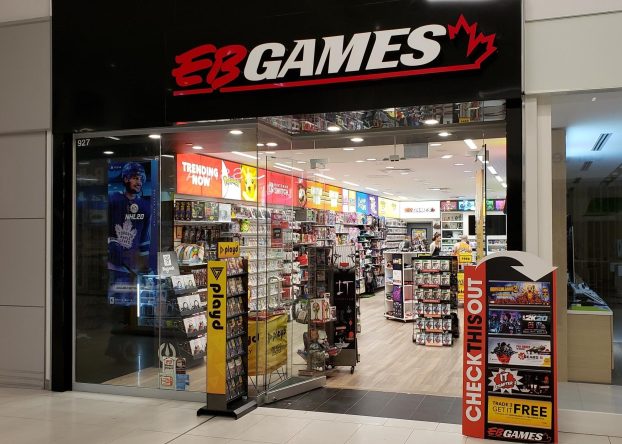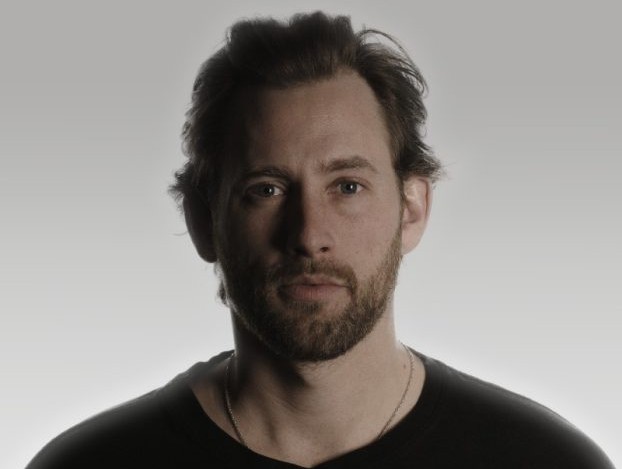Behavior and marketing research, long used by marketers to test image and advertising concepts and new product development, has a new venue – the courtroom.
Marketing research is being submitted as expert testimony in a wide range of lawsuits and is becoming increasingly important to cases where consumer belief is in contention, such as trademark and misleading advertising disputes.
One of the more recent actions in which marketing research played a key role took place in the Supreme Court of b.c.
Labatt Brewing in Vancouver had requested an injunction until trial to stop Molson Breweries from marketing a price-brand product, Carling Original Draft, in cans with a label design that Labatt claimed was confusingly similar to one of its own higher-priced brands.
The request was denied last month by Mr. Justice Vickers, who based his ruling primarily on the expert testimony of two market researchers.
Ruth Corbin, president of Toronto consumer behavior and marketing research company Decision Resources, says more than 40% of her firm’s business now comes from the area of market research applied to litigation.
‘There is a very exciting and growing development in the use of social science evidence as expert testimony in all kinds of litigation. It is very well developed in the u.s., but is only starting to be well used in Canada.
‘There has always been a role for survey evidence, but judges’ personal discretion used to substitute for survey or social science research, in particular with the Trademark Act, which says you’re infringing on a trademark when the public is confused.
‘Now judges are starting to say, bring me evidence that the public is confused.’
Ordinarily, says Corbin, a ‘hearsay’ rule would prevent opinion being used in the courts. She says the only reason survey research is allowed in the courts and not treated as hearsay is because ‘the principal researcher is able to attest that she heard, witnessed or monitored at least a portion of the interviews.’
In the Labatt/Molson label dispute, Labatt filed an affidavit from Angus Reid, president of the Angus Reid Group, with respect to a survey of 500 people conducted in shopping malls in Vancouver and Calgary.
The survey method included showing respondents a can of Carling Original Draft and asking whether or not they thought it was brewed by the maker of an existing brand. If the response was positive, they were asked which brand came to mind.
Reid concluded from the results of the survey that there was a high probability that consumers would believe that Carling Original Draft was made by Labatt due to the similarity between the labels.
Corbin, in an affidavit submitted by Molson, stated that the design of the survey and the analysis and reporting of it did not support Reid’s conclusions. She stated that ‘the survey was methodologically flawed and deficient’ because of ‘an absence of a valid control condition and the questions are ambiguous and fail to address the correct issue.’
In his decision, Justice Vickers agreed with Corbin’s assessment of the survey material.
Although he agreed that the labels of Labatt Genuine Draft and Carling Original Draft were similar, the judge concluded that the design elements were common to the industry and not unique to Labatt.
Justice Vickers added, ‘There are distinguishing features found on the cod (Carling Original Draft) can, not the least of which is the name `Carling’ in three-quarter inch letters across the face of (the) cod can.’
Corbin says because the work done by market researchers can come under hostile scrutiny in the courts, involvement with the legal community has pushed her company’s standards higher in all areas.
‘Quality controls have to be unassailable,’ says Corbin.
She says survey research will never be perfect, because of the potential for human error, ‘but for court settings, it has to be as good as the profession allows.’
Scott Ellis, vice-president of corporate affairs for Molson in Vancouver, says there will always be conflicting opinions where expert testimony is concerned.
‘The chances are good that unless done very precisely, the evidence as presented can be shot down, as with this case where the judge found the methodology flawed and disregarded the evidence,’ says Ellis.
Following the dismissal of the injunction request, Molson ran a newspaper ad created by BBDO Vancouver in seven b.c. publications, showing a case of 24 cans of Carling Original Draft under the headline, ‘Perhaps the most inexpensive case tried in court.’
Labatt plans to take the Labatt Genuine Draft/Carling Original Draft label issue to trial. It also has the option to appeal the dismissal of the application for injunction.
Paul Smith, director of public affairs for Labatt Brewing in Vancouver, says the company considered the attempt to get an injunction a preliminary step to trial.
‘The injunction request was out of a feeling that letting their product stay on the market would cause us some damage in terms of the total segment here in b.c.
‘In b.c., Labatt Genuine Draft is a very substantial brand, so obviously we were interested in protecting the franchise until such time as the courts could hear the case.’























